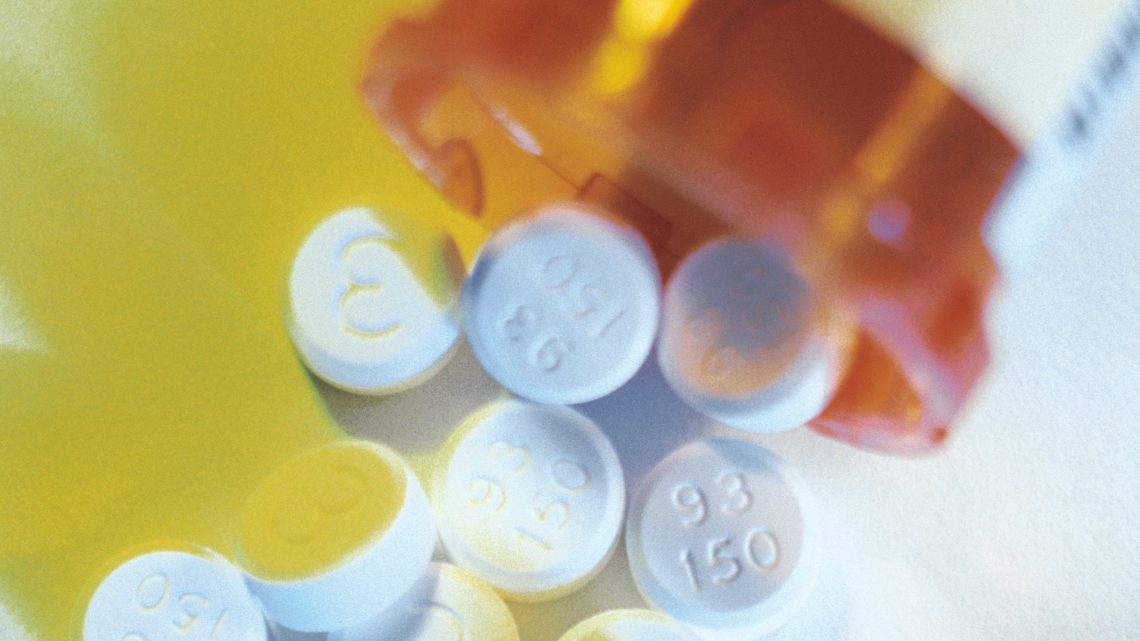Medical devices and prescription drugs are designed to treat a medical condition and keep us healthy. It’s unfortunate when manufacturing defects in the products that we trust put our lives at risk. The FDA is responsible for evaluating and monitoring the quality of such products, although sometimes injuries or deaths have already been suffered once a defect or contaminant has been identified. Each year there are new medical device and prescription drug recalls that affect thousands of patients, these are some of the major recalls in the U.S. in the past years.
Essure Permanent Birth Control
Essure is a birth control device for women that is placed inside the fallopian tubes to prevent fertilization. Serious side effects were reported by women suffering with persistent pain after the device was implanted, the device also ruptured the fallopian tubes or uterus on some women. Others reported cases where surgery was needed to repair these ruptures and remove the device. According to information from the FDA, Bayer stopped selling and distributing the Essure device in the U.S. in December 31, 2018.
Abbot Pacemakers
The Accent, Anthem, Accent MRI, Accent ST, Assurity and Allure pacemakers by Abbot were announced for a voluntary recall by the FDA. The cause of the recall was a vulnerability in their software that put them at risk for hackers that could reprogram the medical devices. The pacemakers don’t need to be removed, an upgrade to the software can fix this security vulnerability.
Allergan Breast Implants
The FDA and Allergan issued a recall for their BIOCELL textured breast implant and breast tissue expanders. Allergan’s textured breast implants have been linked to cases of anaplastic large cell lymphoma (BIA-ALCL). Doctors recommend to only have your BIOCELL implants removed if you experience symptoms of BIA-ALCL.
Ellipse Implantable Cardioveter Defibrillators
Abbott is recalling their Ellipse Implantable Cardioveter Defibrillators (ICDs) due to faulty manufacturing that left aluminum wires partially exposed, which led to electrical failures. Abbott urged patients who have the faulty devices implanted to have them replaced.
Giraffe and Panda i-Res Infant Warmers
The FDA issued a Class I recall for GE’s Giraffe and Panda i-Res Infant Warmers due to malfunctions with the side panels that prevented them from closing properly and could result in a newborn baby falling off from the warmer.
Medtronic MiniMed Insulin Pumps
The software for certain models of MiniMed insulin pumps was found to be vulnerable to hackers who could take control of the device and alter the insulin levels. There have been no recorded cases of patients injured due to hacks to their insulin pumps.
LifeVest 4000 Wearable Defibrillator
Zoll Medical Corporation issued a recall of the LifeVest 4000 wearable defibrillator after reports of deaths and injuries. The defibrillator displayed a message that read, “Call for Service-Message Code 102” which many users overlooked. The message was actually a warning that the device wasn’t functioning properly and needed to be replaced, the faulty defibrillators did not function and failed to save two patients’ lives.
Losartan, Valsartan and Irbesartan Blood Pressure Medications
According to the Public Interest Research Group, 75 blood pressure medications have been recalled due to a contaminant in them that can cause cancer and liver and blood cell damage. The recall includes popular prescription drugs such as Valsartan, Losartan and Irbesartan. The FDA has issued a list of blood pressure medications that have been carefully examined and don’t present these carcinogenic contaminants.
It’s important that you report any medical device malfunctions or drug side effects that weren’t initially disclosed to you. Talk to your doctor and ask about health risks and side effects associated to drugs and devices that you may be using. If you’ve been affected by a mass recall, contact a product liability lawyer who can help you recover compensation to cover for your medical expenses.





No Comment